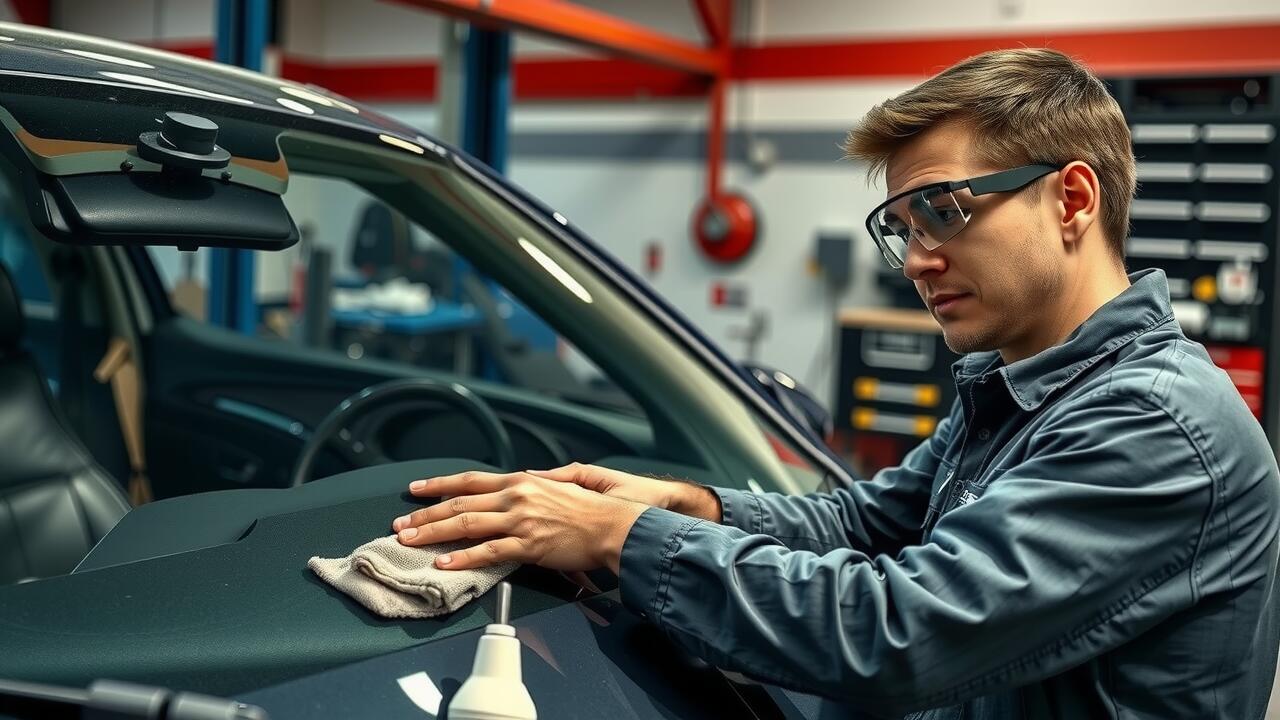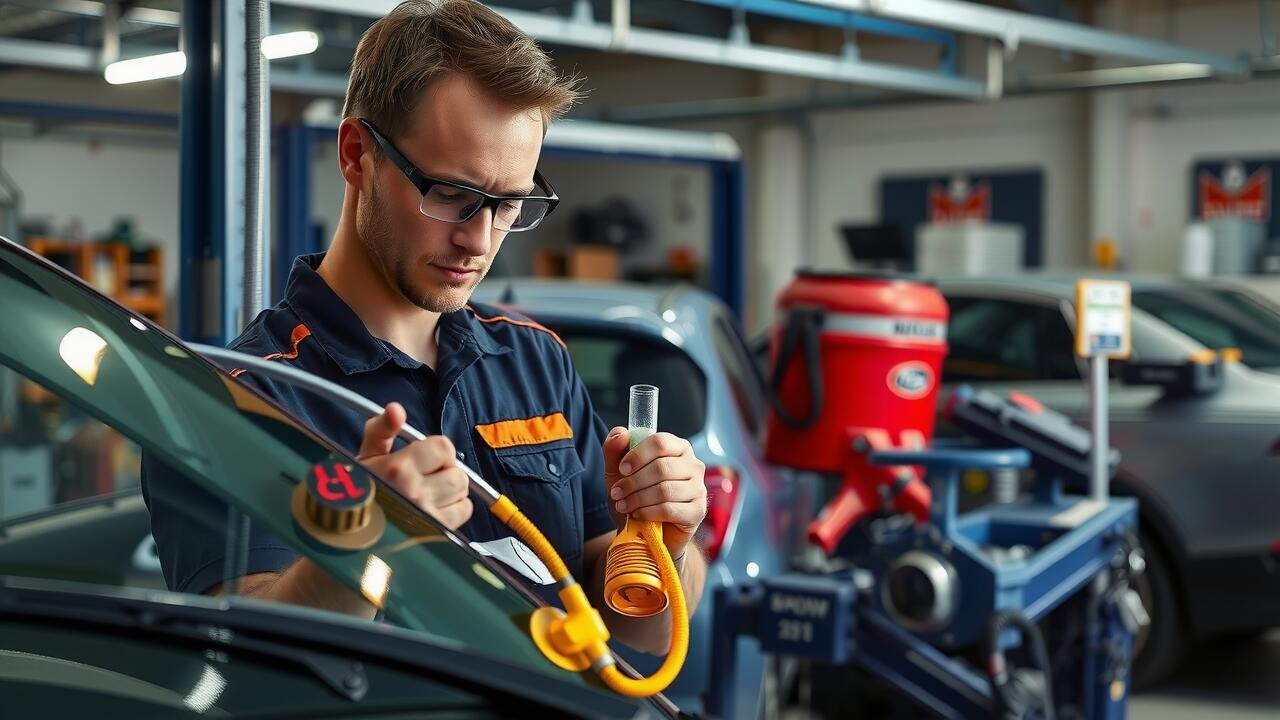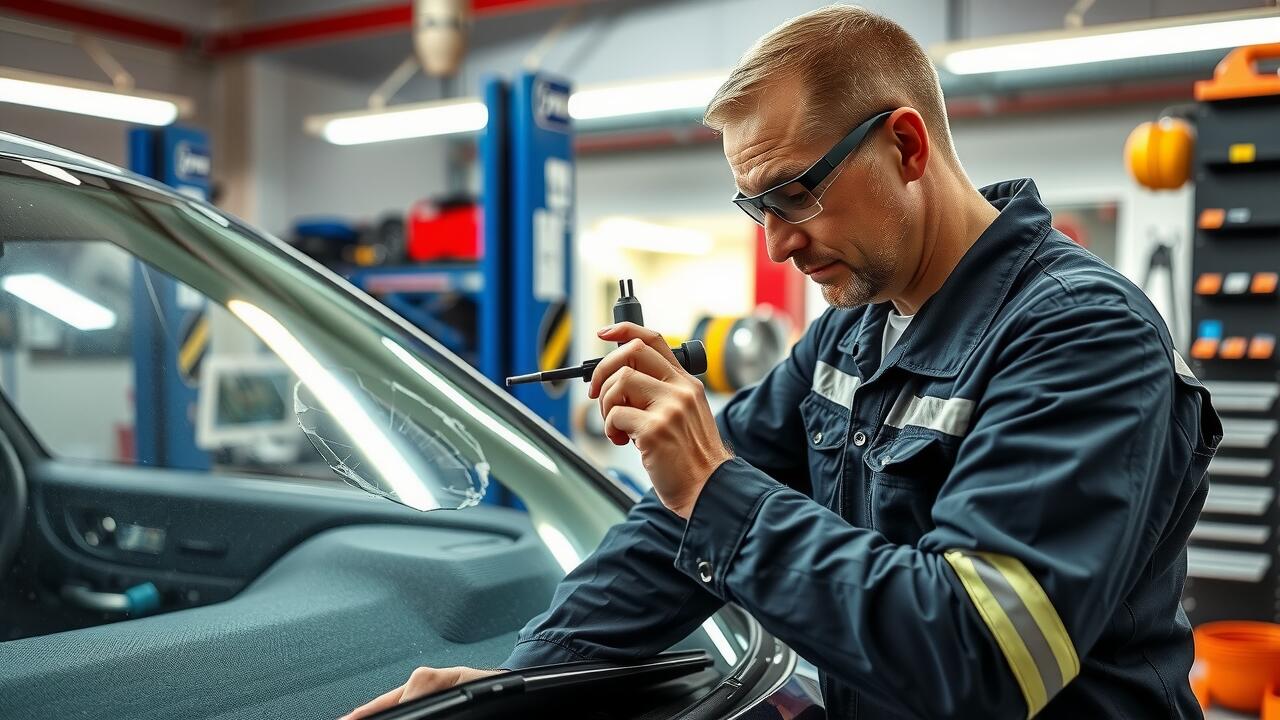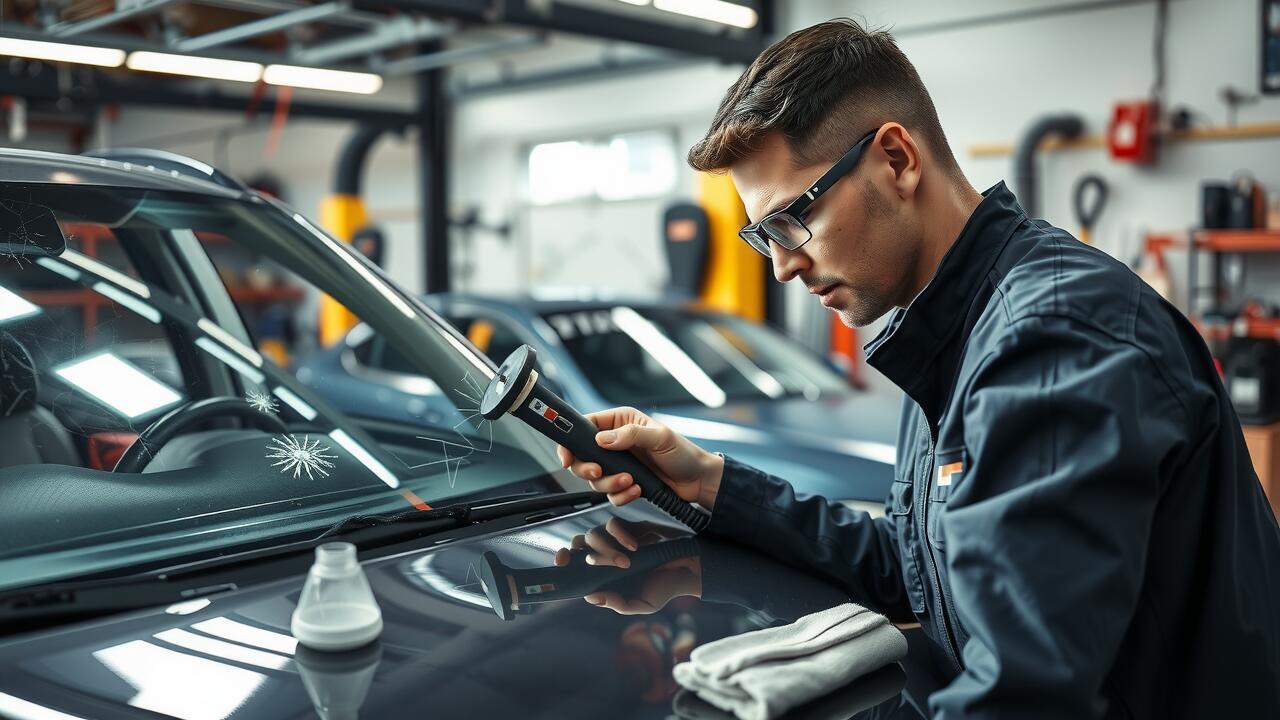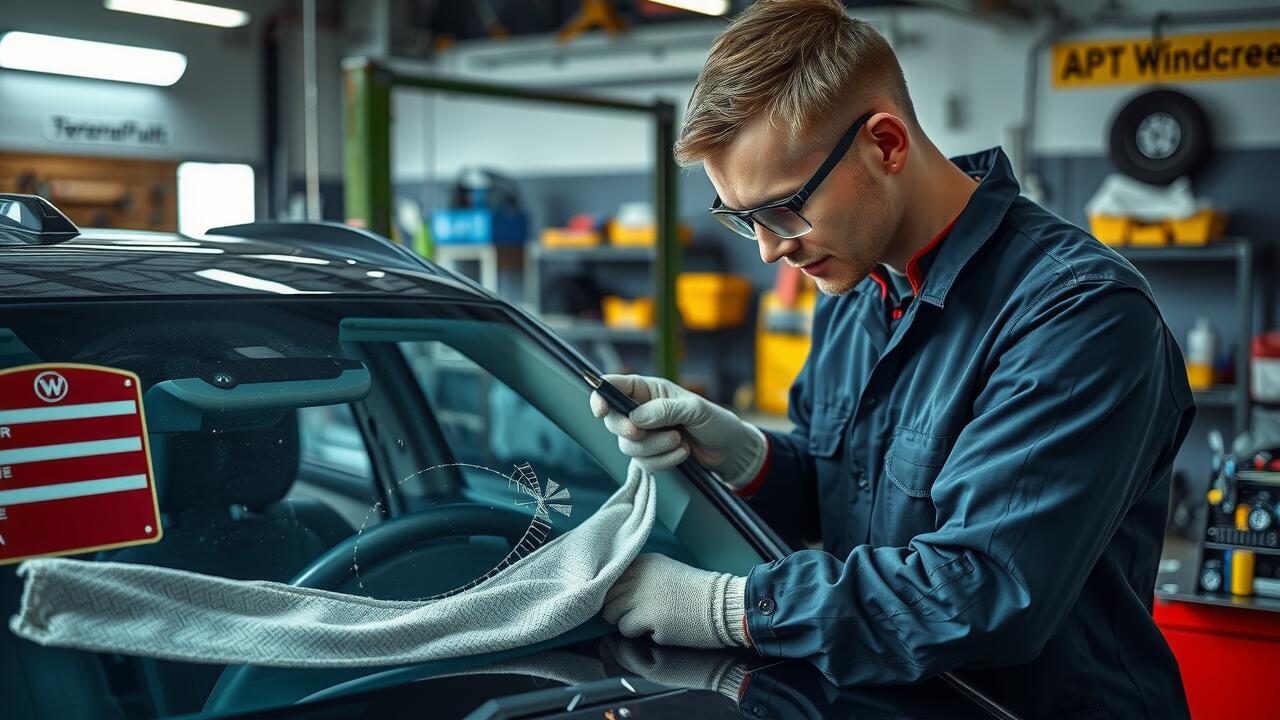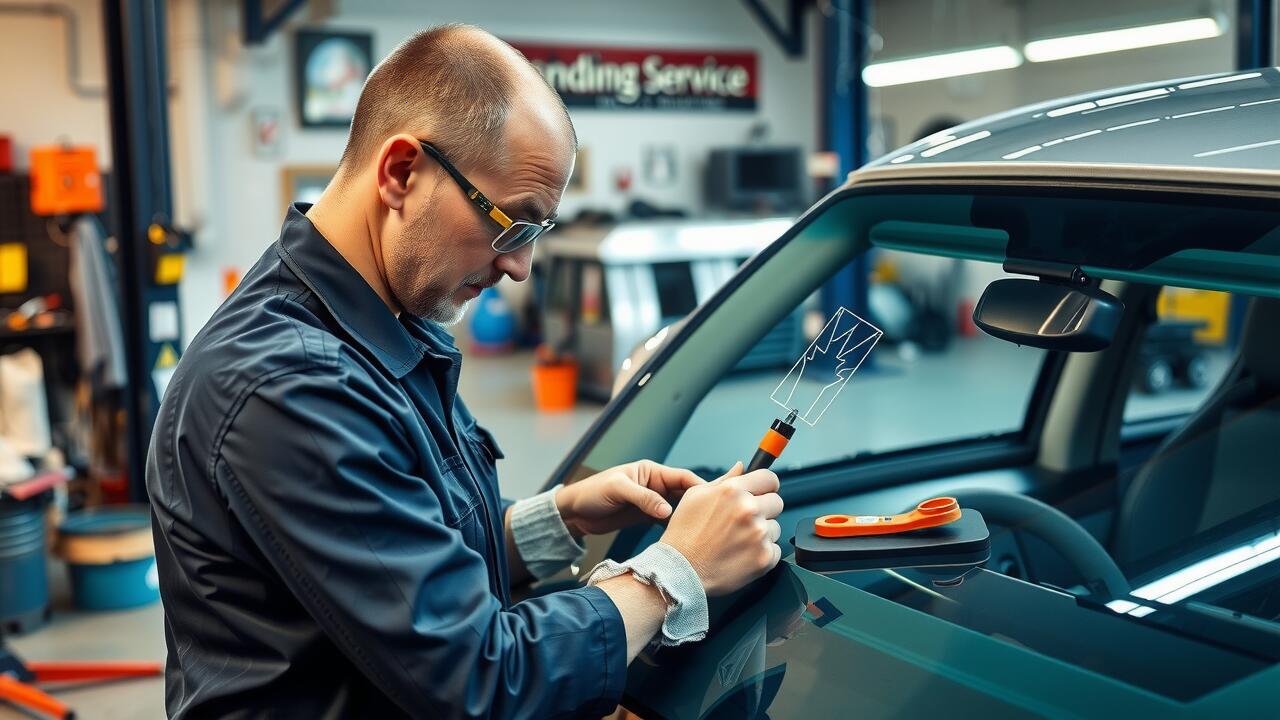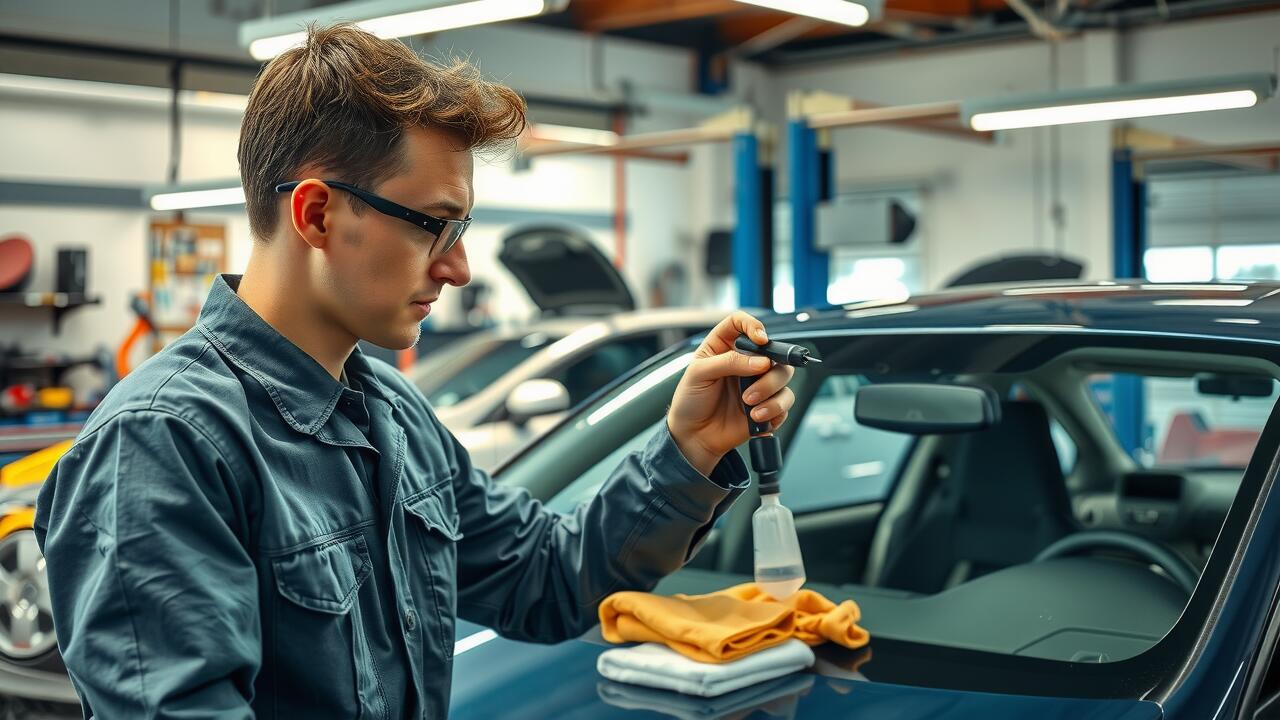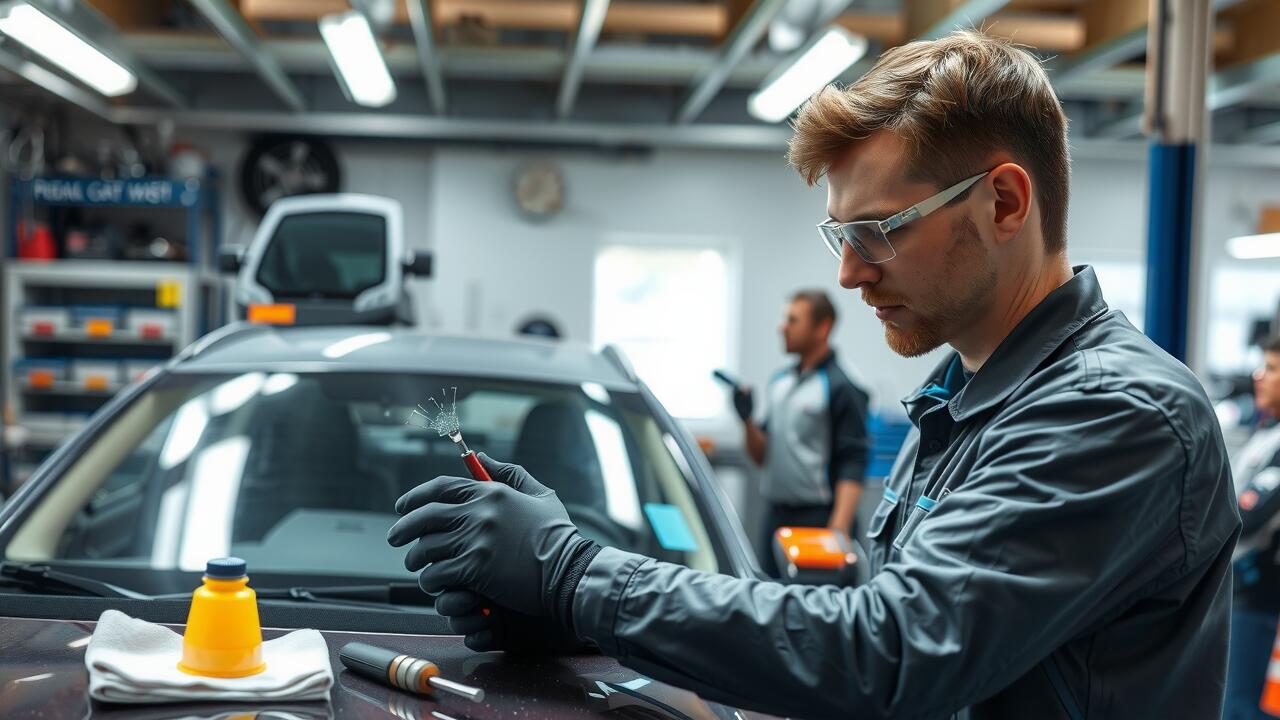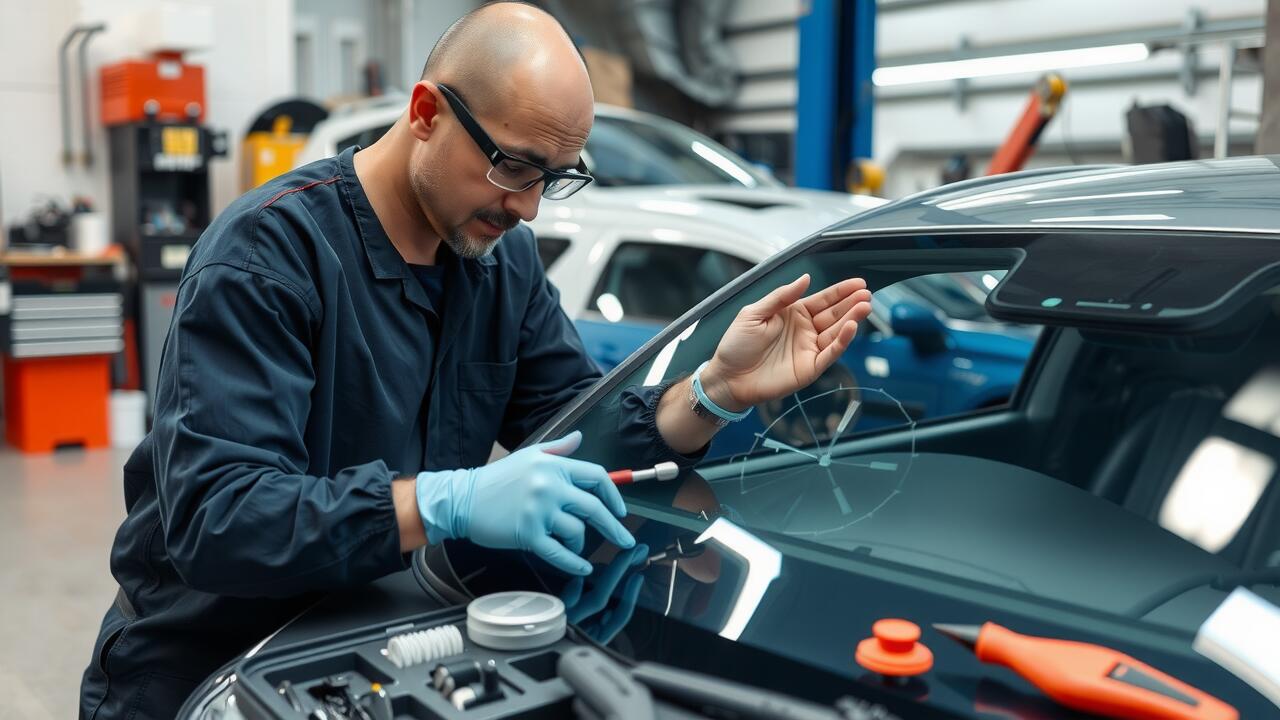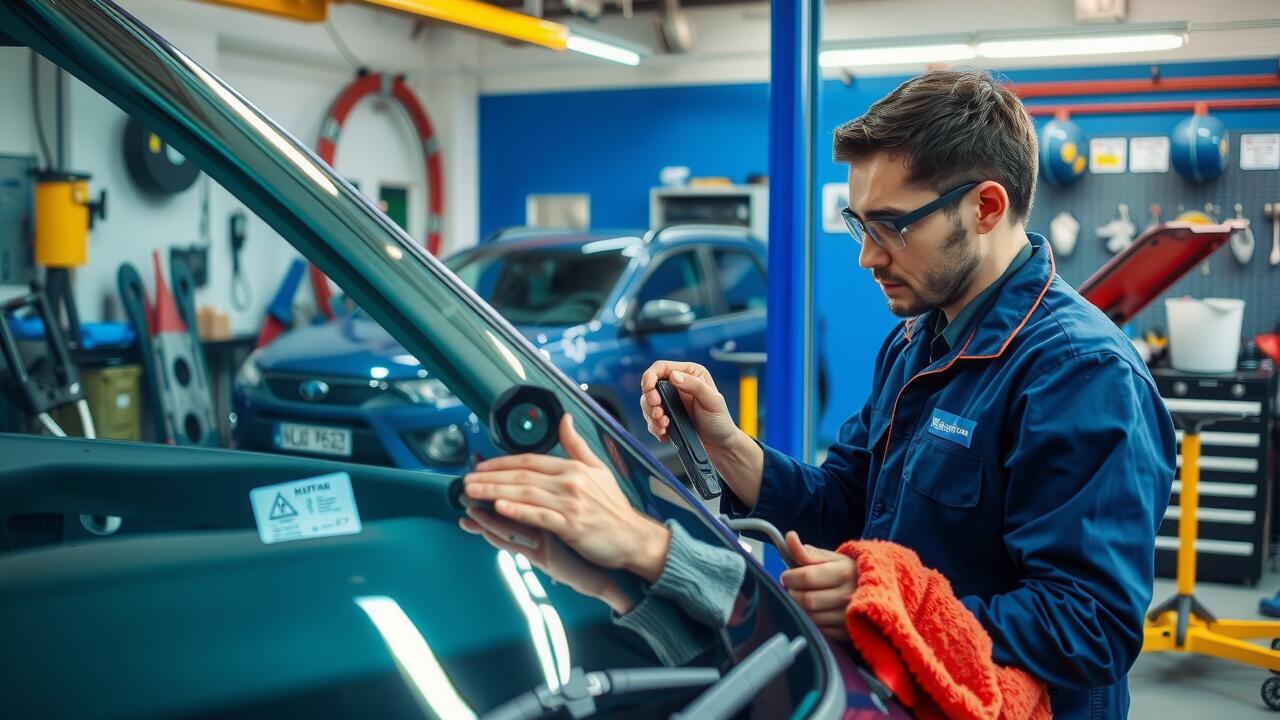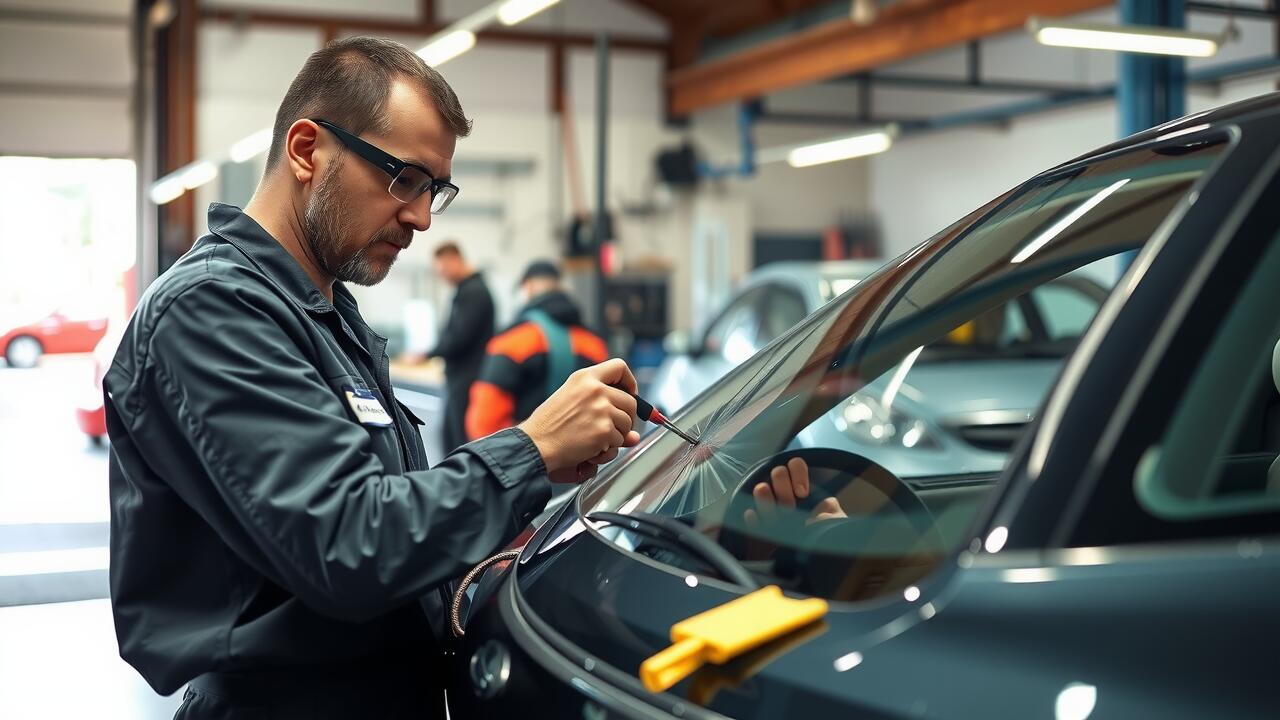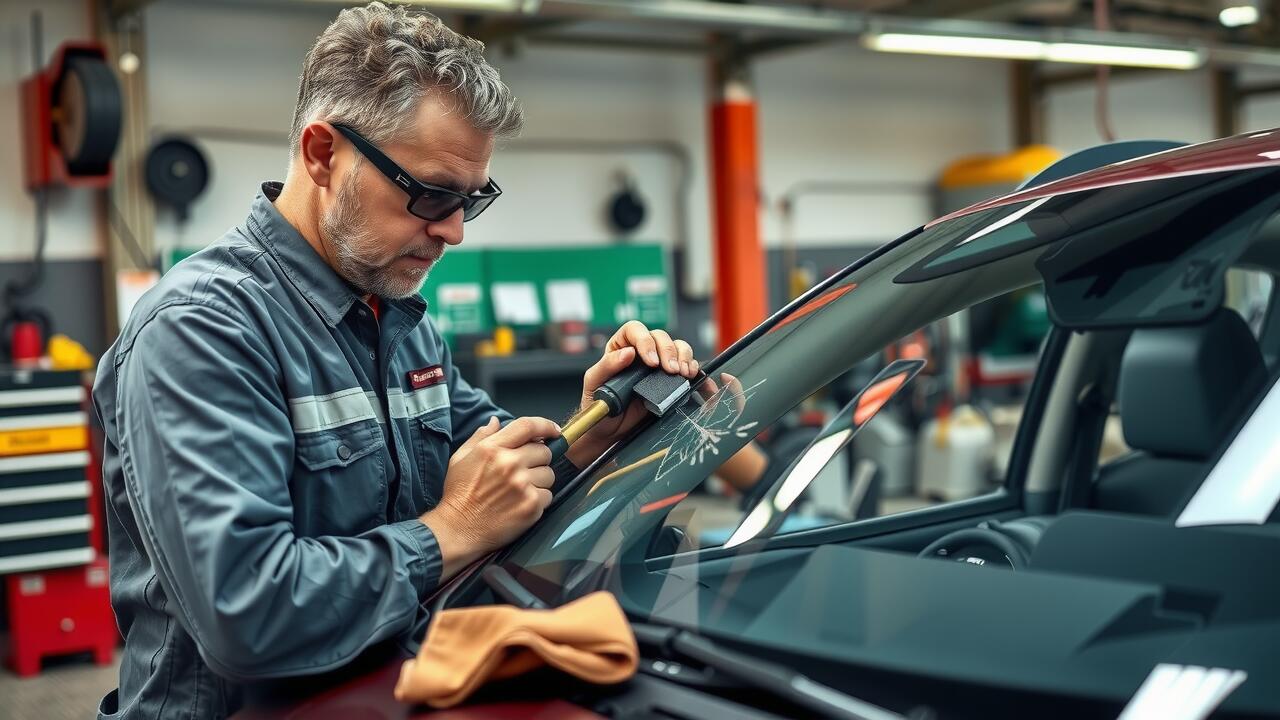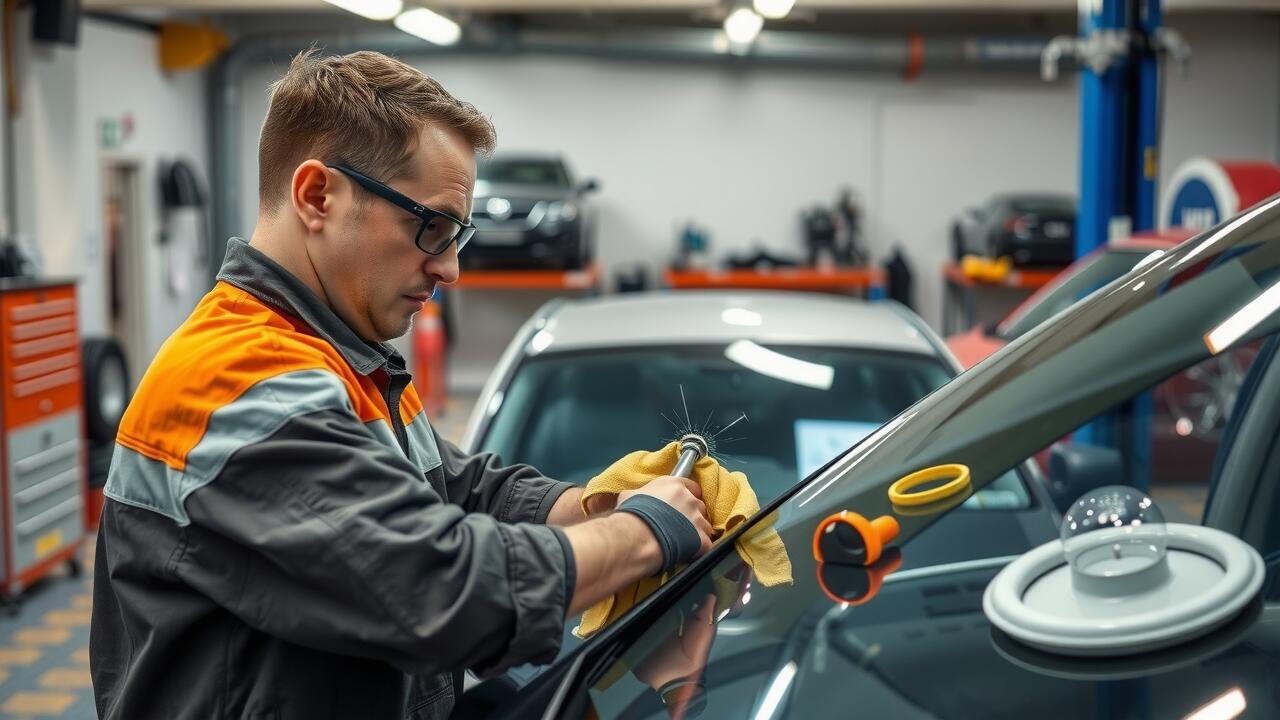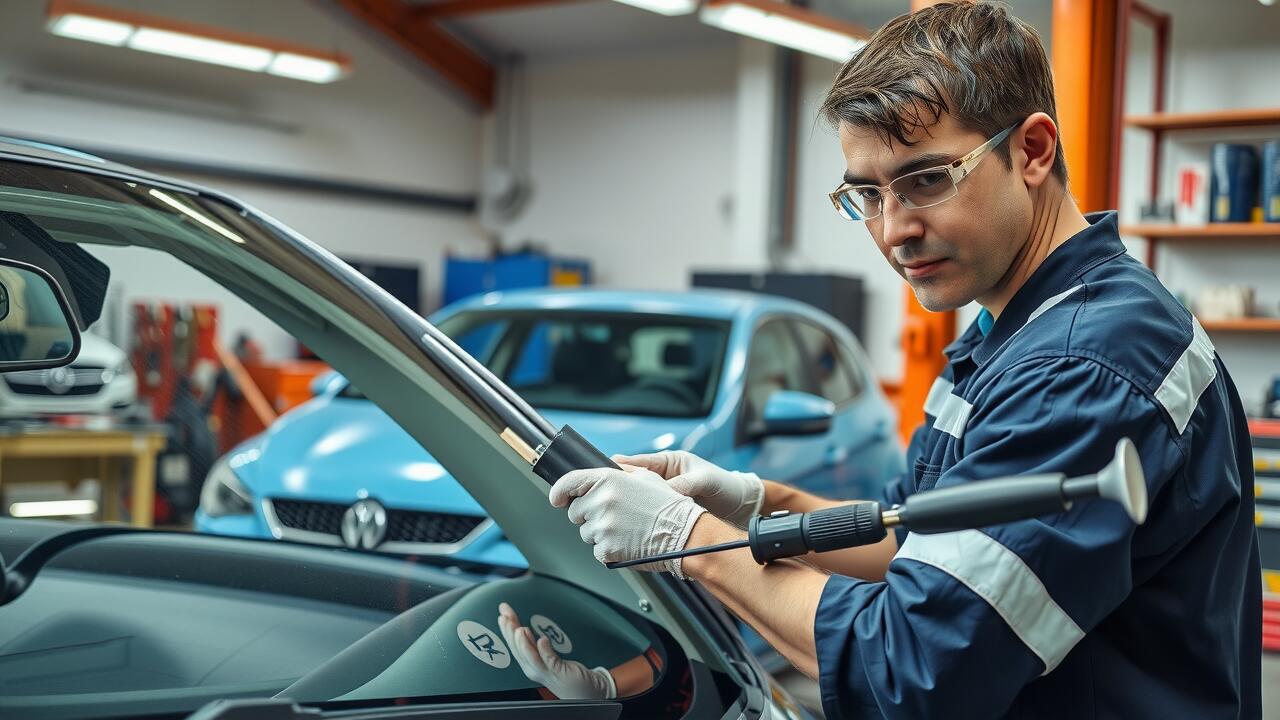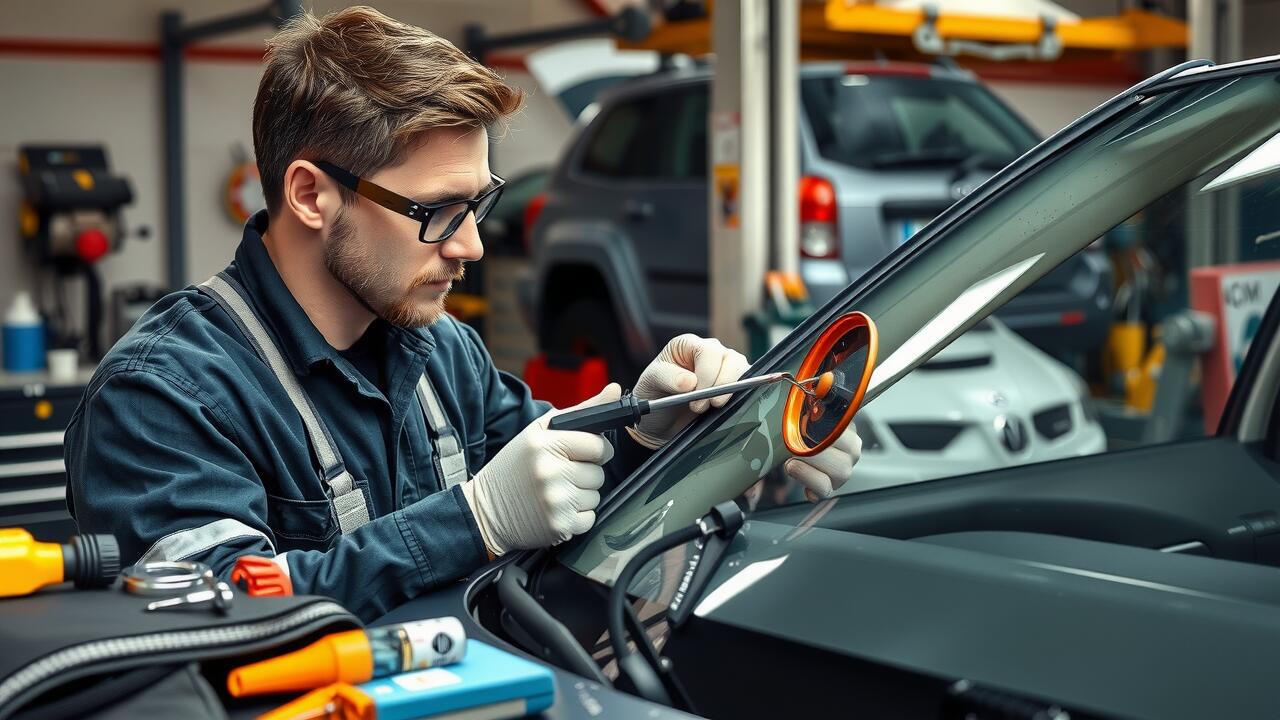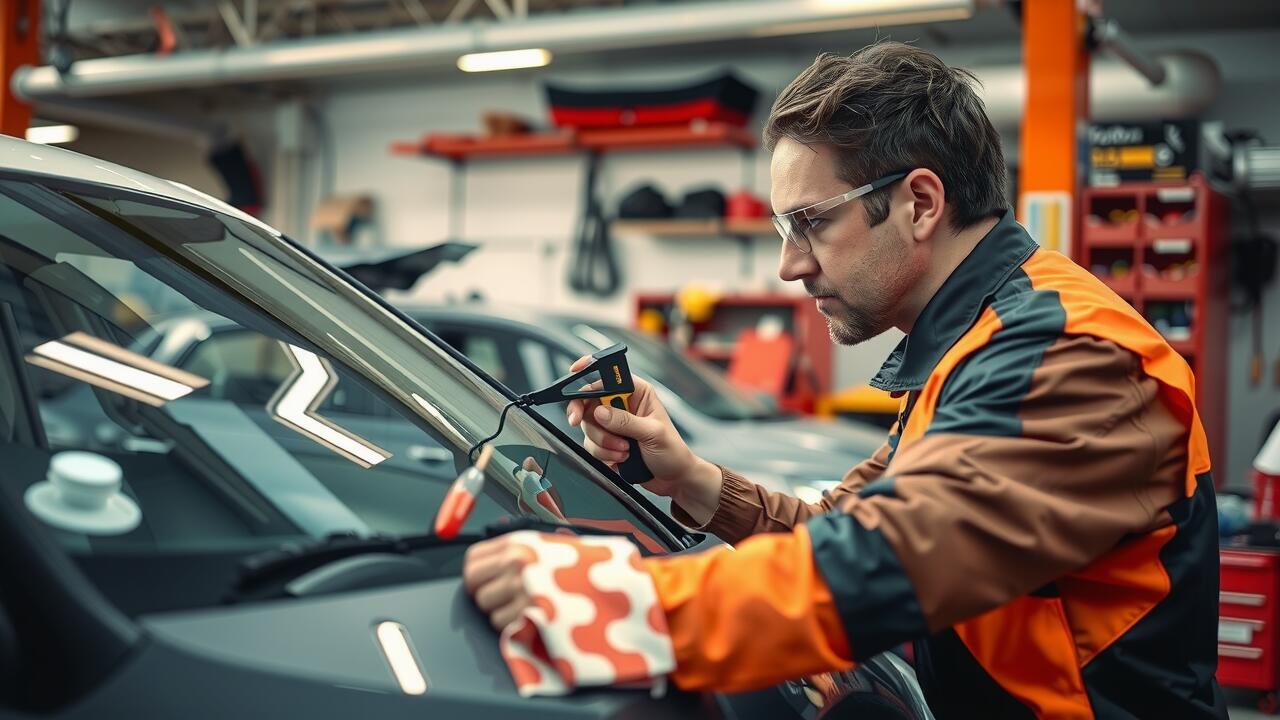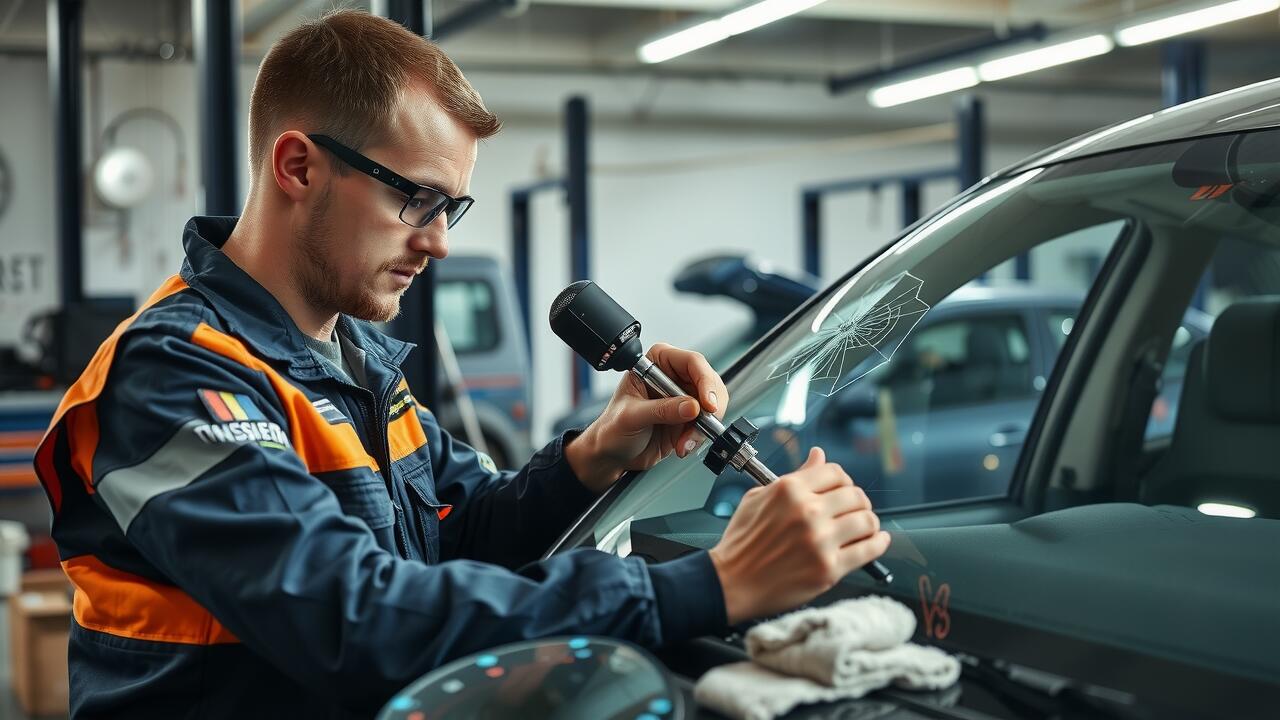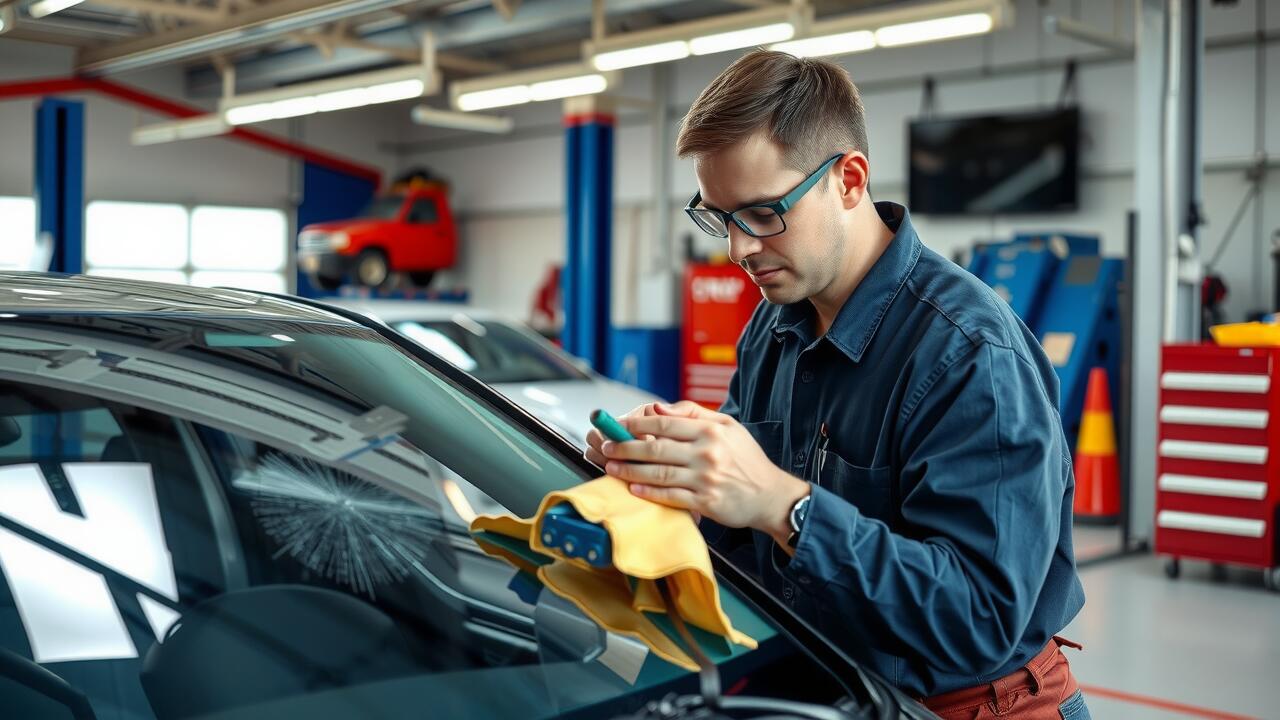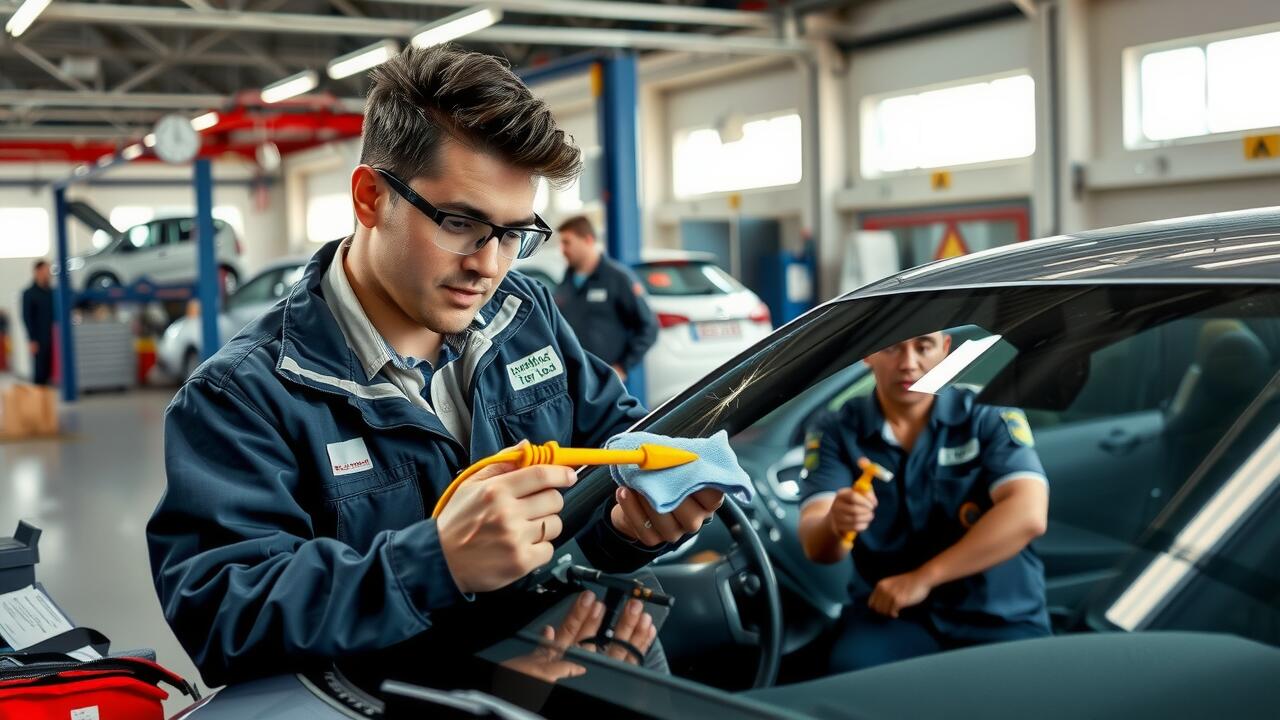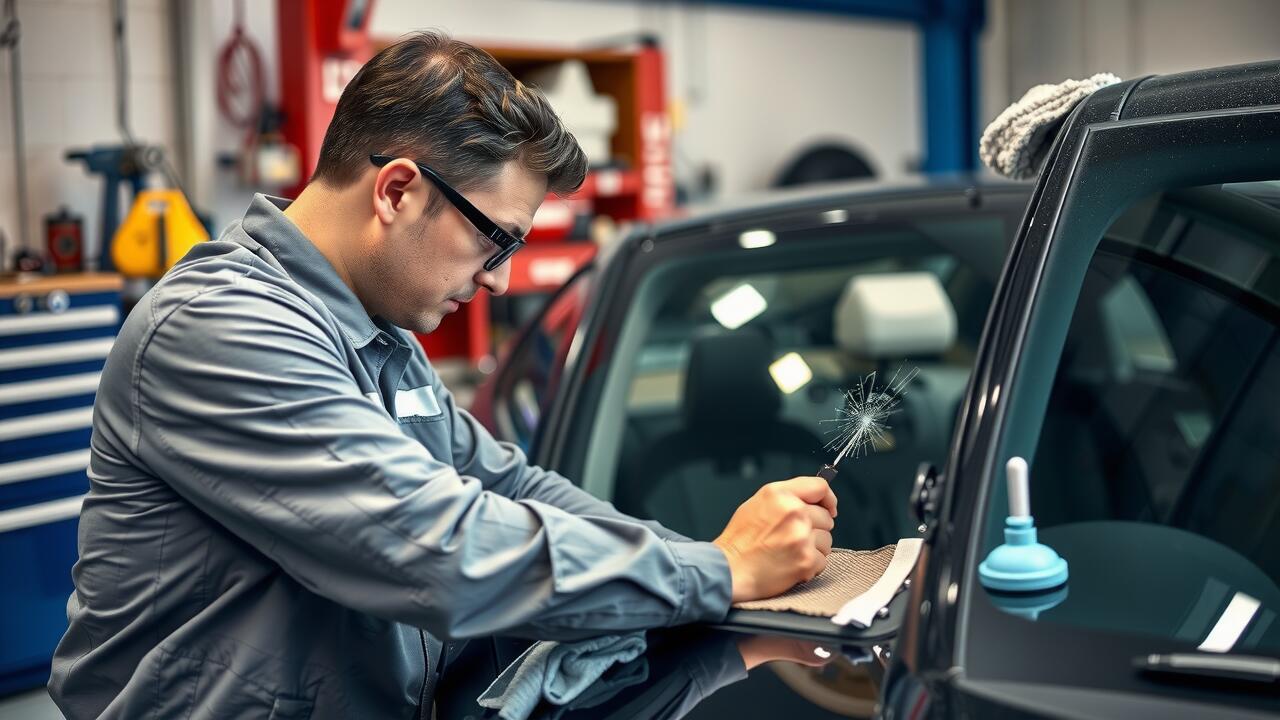
Table Of Contents
Common Myths About Windscreen Regulations
Many drivers believe that as long as their broken windscreen does not obstruct their view, it is legal to continue driving. This is a misconception. While there are specific regulations governing the level of damage that is permissible, any significant damage can still lead to fines or penalties. A damaged windscreen can compromise the overall safety of the vehicle, making it essential for drivers to address such issues promptly.
Another common myth is that windscreen replacement is an expensive and lengthy process. In reality, options for windscreen replacement can vary widely in terms of cost and time frame. Many insurance policies include coverage for such repairs, allowing drivers to have their windscreens fixed without incurring significant out-of-pocket expenses. Prompt attention to windscreen damage not only ensures compliance with the law but also contributes to safer driving conditions.
Debunking Misconceptions
Many motorists believe that a broken windscreen is automatically illegal. This misconception can lead to unnecessary anxiety for drivers facing this situation. In reality, the legality of driving with a damaged windscreen often depends on the severity and position of the damage. If the crack or chip interferes with the driver’s line of sight, it may result in penalties. However, minor damage that does not obstruct vision typically does not constitute a legal violation.
Another common myth is that all insurance policies automatically cover windscreen replacement. While many policies do offer this coverage, it is essential for drivers to review their specific terms. Some may have excess fees or conditions that apply before the coverage kicks in. Being informed about these details can help avoid unexpected costs when seeking repairs or replacements for a damaged windscreen.
The Role of Insurance in Windscreen Damage
Insurance plays a crucial role when it comes to managing the costs associated with windscreen damage. Many policies include specific coverage options that address repairs or full replacement. This can significantly lessen the financial burden for drivers facing unexpected repairs. Understanding your policy can help in navigating claims efficiently and ensuring you receive the necessary support.
In cases where the windscreen is damaged beyond repair, windscreen replacement may be covered under comprehensive insurance. Some policies offer additional benefits, such as zero excess for windscreen claims. It’s important to check the details of your coverage, as not all insurance plans treat windscreen issues the same way. Being informed can lead to easier resolution when such incidents occur.
What Coverage Options Are Available
Comprehensive car insurance often covers windscreen damage, allowing for repairs or replacement without hefty out-of-pocket expenses. This type of insurance typically includes provisions for windshield replacement, making it easier for drivers to access necessary repairs. Some policies may even waive the excess fee if you only need a windscreen repair, streamlining the process.
Third-party insurance generally does not include coverage for windscreen damage. Drivers relying on this type of policy may find themselves responsible for all repair costs, which can become quite significant. Knowing your coverage options is essential, as it helps to ensure that you are adequately protected in the event of windscreen issues.
Safe Driving Practices with a Damaged Windscreen
Driving with a damaged windscreen poses various risks that can affect visibility and safety. Any cracks or chips that obstruct the driver's view can increase the likelihood of accidents. It is essential to assess the damage regularly and determine whether it compromises your ability to operate the vehicle safely. If the damage is significant, seeking windscreen replacement should be a priority to ensure you maintain optimal visibility while driving.
Additionally, keeping the windscreen clean and free from obstructions can greatly enhance safety. Debris can accumulate around the damaged area, further impeding visibility and increasing the chances of glare from sunlight. Regular maintenance and inspections help identify when repairs or a full windscreen replacement is necessary, enabling you to drive with greater confidence.
Tips for Staying Safe on the Road
Driving with a damaged windscreen can pose significant risks. Visibility is crucial for safe driving, and any obstruction can impair your ability to see other vehicles, pedestrians, and road signs. If you notice cracks or chips, it is imperative to address these issues promptly. Experts recommend having a professional assess the damage to determine if windscreen replacement is necessary, especially if the damage is in the driver’s line of sight.
In adverse weather conditions, such as rain or low light, a compromised windscreen can further exacerbate safety hazards. Ensure your wipers are functioning correctly and consider using defrosters to maintain clear visibility. Maintaining a safe distance from other vehicles can also help, giving you ample time to react in case of sudden changes in traffic. Always prioritise your safety and that of others by taking swift action when facing windscreen damage.
FAQS
Is it illegal to drive with a broken windscreen in Australia?
Yes, it is generally illegal to drive with a broken windscreen if the damage obstructs your view or poses a safety risk. Different states may have specific regulations regarding the extent of damage that is permissible.
What types of windscreen damage are considered illegal?
Damage such as large cracks, chips in the driver’s line of sight, or significant scratches can be deemed illegal as they can impair visibility and safety while driving.
Will my insurance cover the cost of repairing a broken windscreen?
Many comprehensive car insurance policies include coverage for windscreen repairs or replacements. However, it's best to check your specific policy details to confirm what is covered.
What should I do if I have a broken windscreen?
If you have a broken windscreen, you should avoid driving the vehicle if the damage obstructs your view. Contact a professional repair service to assess the damage and arrange for repairs as soon as possible.
How can I ensure my windscreen is compliant with regulations?
Regularly inspect your windscreen for any chips or cracks, especially before long journeys. If you notice any damage, have it repaired promptly to ensure compliance with local regulations and maintain safe driving conditions.
